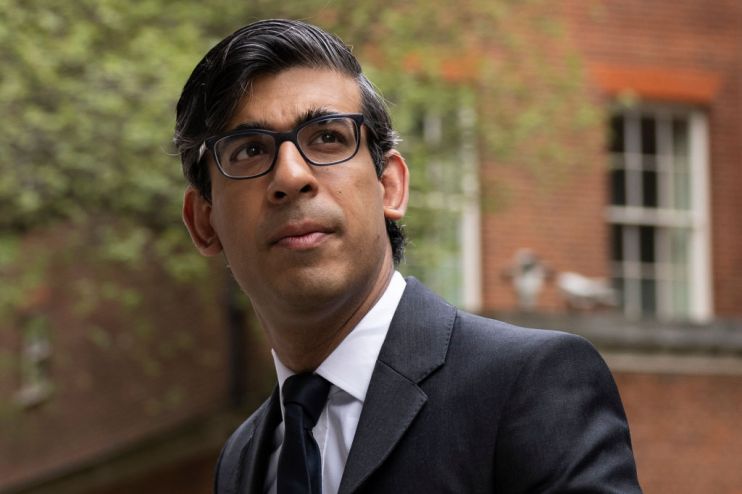Rishi Sunak must stop dragging his heels and seize a once-in-a-lifetime chance to fix global corporate tax

Anger at the never ending stories of global corporations dodging tax is set to hit boiling point. Barely a day goes by without a fresh tale of a big multinational paying ultra-low rates of tax.
Even after a year of record sales during the pandemic, Amazon Europe did not pay any corporation tax on the £38 billion of revenue earned over the last year. The current system allowed big tech giants to skate around the rules, while most UK high street businesses continue fighting a tide of online retail, without relying on complicated tax structures.
The system governing how global companies are taxed was designed a hundred years ago and is no longer fit for purpose. A deal between nations, agreeing a new collective corporate tax rule, is long overdue. However, political differences and diplomatic disagreements have been persistently stubborn stumbling blocks.
The landscape is very different now, however. Joe Biden has set out a plan which could be a game changer. He has proposed a global minimum corporate tax rate that would ensure the biggest companies pay at least 21 per cent of their profits in tax. The movement from the US has energised the long running negotiations.
The Biden proposals would level the playing field for UK companies and go a long way to fixing our out of date system. It would make it harder for countries to undermine the UK’s tax system, especially when our corporate tax rises to 25 per cent in 2023.
Rishi Sunak, however, has voiced opposition to the plan. The Chancellor will withhold Britain’s support of a global corporation tax unless President Biden gives him assurances on taxation of US tax giants.
Sunak will be chairing the crucial UK-hosted G7 meeting for finance ministers later this year. The meeting will be a crucial moment for major companies to rally around the proposals. Canada, Germany, France and Japan have all said they would hand their support to Biden, and Italy’s technocratic government is likely to follow suit.
Ministers have indicated they are willing to block the introduction of a global minimum corporate tax rate if there isn’t also a deal on taxing the tech multinationals – an international mechanism to replace the UK’s Digital Services Tax (DST).
The DST, however, is forecast to raise just £500m a year. Meanwhile the UK could rake in £13.5billion a year from a global minimum corporate tax rate. With Biden in the oval office, it prevents a unique, possibly once-in-a-lifetime opportunity to change international tax policy. Sunak would be a fool to block these efforts for political point scoring.
The global minimum corporate tax rate would prevent companies shifting their money around different jurisdictions in a bid to escape tax. It would go much further than current digital tax proposals.
The position leaves the UK increasingly isolated ahead of the G7 summit, which will be President Biden’s first official trip to the UK as president. It’s time for the government to back these plans. There’s a deal waiting to be done.
